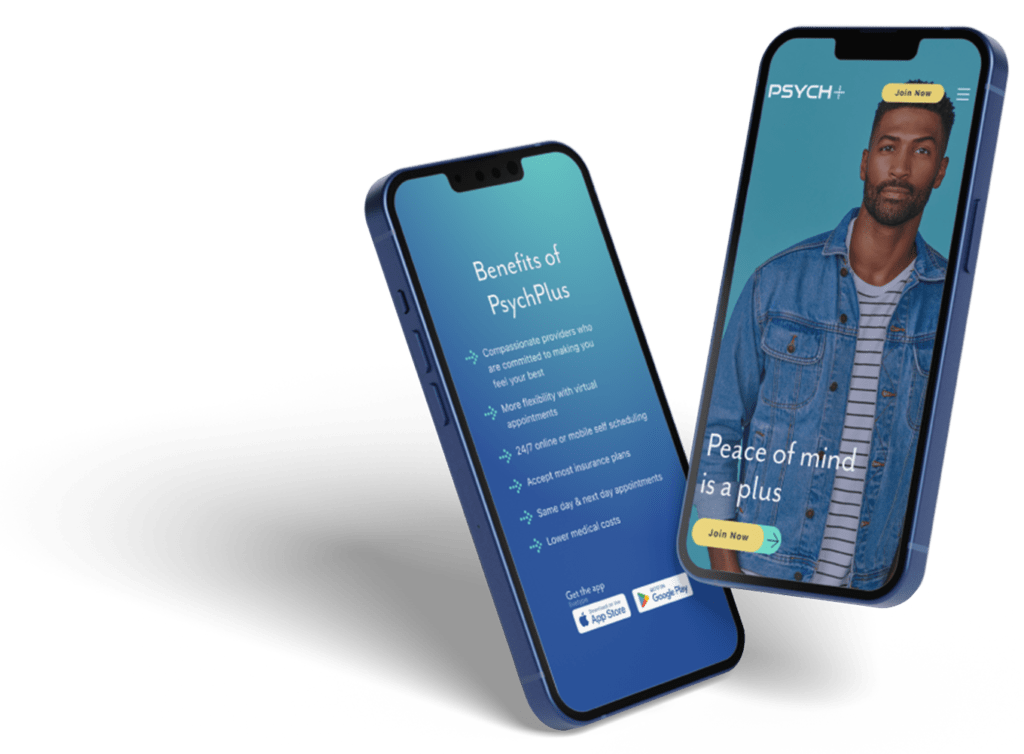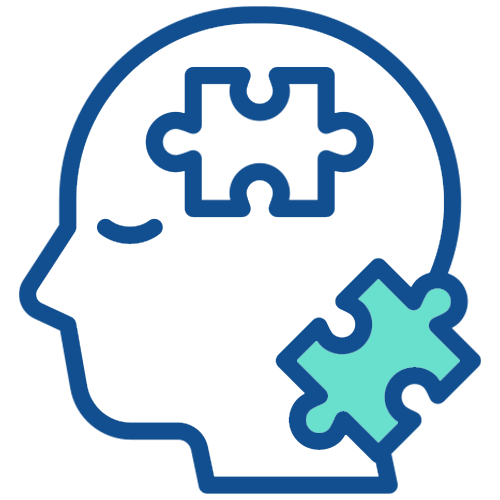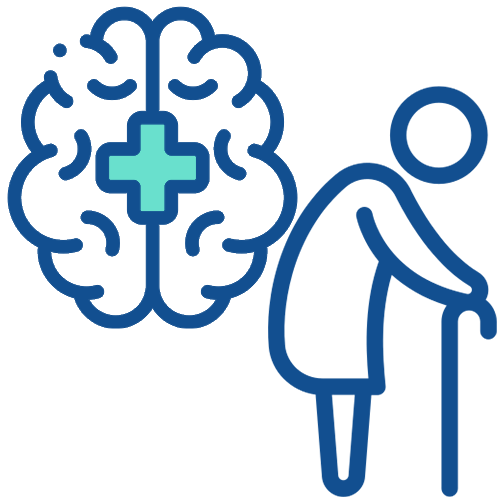Dementia Psychiatrist in Washington Avenue
At PsychPlus, we understand the unique challenges faced by individuals living with dementia. Our skilled psychiatrists specialize in the assessment and diagnosis of different types of dementia, including Alzheimer’s disease, vascular dementia, and Lewy body dementia.
Navigate Dementia with Confidence
Source for Expert Dementia Psychiatrym
Top Dementia Care Choice
Elevating Dementia Care Standards



Why Choose Psych Plus for Dementia Care

Dementia Expertise
Our psychiatrists in Washington Avenue have extensive experience in diagnosing and managing dementia. They remain up-to-date with the latest advancements in dementia care to ensure you receive the most effective and evidence-based treatment available.

Individualized Care
We believe in creating personalized care plans that consider the specific needs and circumstances of each patient. Our psychiatrists work closely with you and your family to develop a customized treatment approach that maximizes quality of life.

Cutting-Edge Interventions
Psych Plus is committed to offering the latest and most innovative treatments for dementia. Whether it involves medication management, behavioral interventions, or other therapeutic techniques, we utilize a comprehensive range of strategies to address the various aspects of dementia.

Supportive Environment
We understand the emotional toll that dementia can take on both patients and their families. Our clinic provides a compassionate and understanding space where you can openly discuss your concerns, and we offer support to help you navigate the challenges of dementia.
Don’t wait to seek the high-quality dementia care you and your loved ones deserve. Contact Psych Plus today to learn more or schedule an appointment with one of our top-rated dementia psychiatrists in Washington Avenue, Texas. Your path to improved quality of life begins here.
Most Insurances Accepted
Psych

what we treat
Psych

what
we treat
Peace of mind at your fingertips.

Depression

ADHD

Anxiety


Benefits of PsychPlus
Compassionate providers who are committed
to making you feel your best
More flexibility with virtual appointments
24/7 online or mobile self scheduling
Accept most insurance plans
Same day & next day appointments
Lower medical costs
Get the app


Want to join our team?
Help reimagine access to modern and accessible mental healthcare.

What people are saying
What people are saying
Understanding Dementia
Dementia encompasses progressive cognitive decline, impacting memory, thinking, behavior, and daily activities. This condition is not normal for aging and can severely affect daily life. Alzheimer’s is the most common cause. Understanding dementia is crucial for providing appropriate care and support.

What is Dementia?
Dementia is identified by cognitive impairment and memory loss, impacting daily activities and leading to personality changes, agitation, and communication challenges. Types of dementia include Alzheimer’s, vascular dementia, and frontotemporal dementia. Recognizing early signs is crucial for timely intervention and care.

The Link Between Dementia and Aging
As individuals age, the risk of dementia significantly increases, with age being a crucial factor, particularly after 65. While more prevalent in older adults, dementia is not a normal part of aging and can also affect younger individuals. Understanding this association is vital for implementing preventive measures and addressing cognitive health in aging populations.
Symptoms of Dementia
Recognizing cognitive changes in dementia, such as memory loss and impaired judgment, is crucial. Additionally, individuals may experience language difficulties, disorientation, personality shifts, and mood swings. Behavioral symptoms like agitation, hallucinations, and social withdrawal are common. Recognizing these diverse symptoms is essential for early intervention and treatment.
Diagnosing Dementia
Comprehensive assessment of cognitive, behavioral, and functional changes is crucial for diagnosis. Laboratory tests, neuroimaging, and cognitive assessments aid in accurate diagnosis. Early diagnosis allows for timely intervention and care planning. Collaborative evaluation by neurologists, psychiatrists, and healthcare providers is essential to facilitate personalized treatment and support strategies.


























